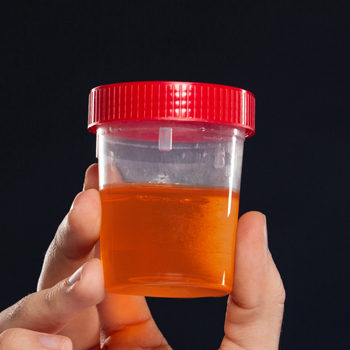Sexual Symptoms
Introduction to Sexual Symptoms
Men diagnosed with prostate cancer often worry about sexual symptoms because the disease and treatments affect sexual health. Prostate cancer and treatments—such as surgery, radiation, and hormone therapy—can cause erectile dysfunction, reduced libido, pain during intercourse, and difficulty achieving orgasm. These issues arise because the prostate gland, nerves, blood vessels, and hormone levels, which control sexual function, get affected. Men should discuss these symptoms with their healthcare providers, who can offer treatments to manage or improve sexual function. Addressing sexual health during prostate cancer care helps support men through treatment and recovery.

Difficulty having an erection
Difficulty having an erection can signal early prostate cancer. Various factors cause erectile dysfunction (ED), including prostate cancer and treatments. Surgery, radiation, and hormone therapy can affect nerves and hormones controlling erections. ED may appear before pain or urinary problems, serving as an important early warning. If ED comes with frequent urination or blood in urine, men should seek medical advice. Early detection and treatment improve prostate cancer outcomes.

Blood in the urine or semen
Blood in the urine (hematuria) or semen (hematospermia) can alarm men and may signal medical issues. These symptoms do not always indicate serious problems, but they can relate to prostate cancer, benign prostatic hyperplasia (BPH), or prostatitis. Blood in urine may appear pink, red, or dark brown, while blood in semen often looks rusty or blood-tinged. Other causes include urinary tract infections, injuries, kidney stones, or recent medical procedures. If blood appears without clear cause or lasts long, men should seek medical care. Early evaluation helps find the source and rule out serious conditions like cancer.

Pain When Ejaculating
Pain during ejaculation, known as dysorgasmia, often causes distress and may indicate underlying prostate issues. Prostate inflammation (prostatitis), infections, or prostate cancer often cause this discomfort in men. Treatments like radiation therapy or prostate surgery can also cause pain by affecting the nerves and tissues involved in sexual function. Men may feel sharp, burning, or aching pain during or shortly after ejaculation. If this symptom persists or occurs with urinary problems or blood in the semen, men should consult a healthcare provider for evaluation and management.